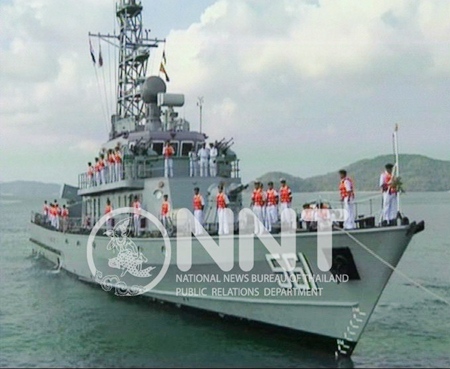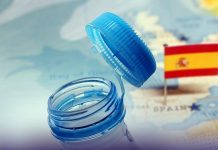BANGKOK, Feb 21 – Bangkok Metropolitan Administration (BMA) is attempting to control the level of saline intrusion into the Chao Phraya River.
Leading the team to inspect saltwater intrusion in the Chao Phraya River, Bangkok Governor Sukhumbhand Paribatra told the press on Friday that the river’s saline content has reached the point that its water cannot be used in agricultural activities.

Excessive flow of saltwater into Chao Phraya River generally occurs in April, at the height of the dry season. Salt is intruding further and earlier this year. Water that contains saline levels less than 1.5g per litre is considered safe for agricultural purposes but water quality below the Rama 7 Bridge records saline content of 10g per litre, while Ratburana Canal records 12.6g per litre, Srisurat Canal sees 6.2g per litre and 20g per litre was recorded at Phrapradeang.
The BMA has taken control of Bangkok’s floodgate system in order to push away saltwater. The Bhumibol and Sirikit Dams reportedly discharge 40 million cubic metres of fresh water daily but it is insufficient to push away saline water in Chao Phraya River.
The municipality has also coordinated with the Royal Irrigation Department to continue discharging water from northern reservoirs. So far, the situation has not turned critical that the off-season rice growing needs to be prohibited.
Meanwhile, Department of Drainage and Sewerage Director General Sanya Cheenimit said his department will notify the public if the saline concentration in water exceeds 2g per litre, though many people still are unaware of the early saltwater intrusion. He said only early rains can relieve the saltwater intrusion, while orchardists and farmers may need to use tap water in the meantime.
Coconut orchardist Sawai Chuasuwan said many farmers have begun irrigating their orchards with saltwater, but fresh coconut produced from his orchard is less meaty and tastes salty. Orchardists are now waiting for the next rains as using tap water can be too costly.




